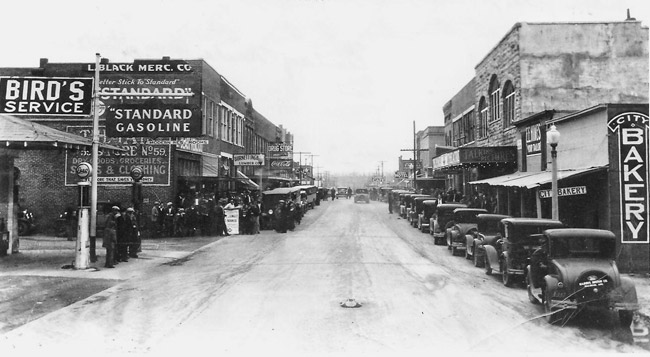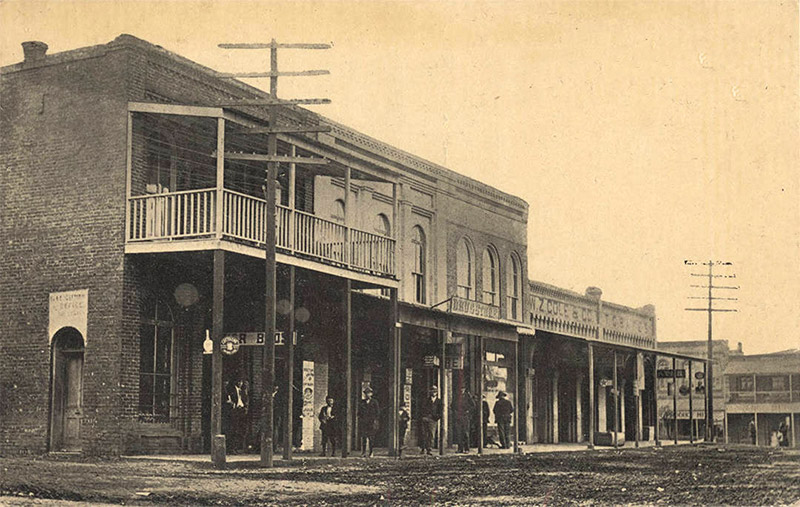By Dr. Curtis Varnell
Passing through the River Valley today, one little realizes the animosity, hatred, and violence that once erupted into what is known as the Waldron War. An offshoot of the bitterness created by the Civil War, the Waldron War developed as a result of factionalism within the Republican party and the differing opinions on how to rebuild the state.

When federal forces occupied Arkansas in 1863, there was an immediate effort to reenter the Union. Arkansas went about setting up a government, one not officially recognized by the federal government. Once military forces were removed from the state in 1868, representatives were elected to write a new state Constitution. The new Constitution was opposed by the Democratic party as well as the conservative branch of the Republican, both of whom were opposed to the radical approach of the national Republican party. The Republicans divided into two camps; one representing unionists from the state and called scalawags, the other representing out-of-state unionists and derisively called “carpetbaggers.” Powell Clayton, a carpetbagger and first governor, was able to manipulate his political base enough to maintain order. Chaos reigned after the 1872 election with both Republican candidates claiming victory. With less than three thousand votes separating them, both sides claimed voter fraud and both were probably correct. Pulaski county alone had more people vote than were on the voting rolls. The two opposing Republican governor candidates; Joseph Brooks and Elisha Baxter, squared off and began organizing militia groups in support of their positions. The result is known as the Brooks-Baxter affair and resulted in open battles between the two sides. Eventually, Baxter was declared the winner by President Grant but animosity continued between the various factions.
The political factionalism, old animosities left over from the Civil War, and discontent with the graft and dishonesty of politicians boiled over in 1870. The residents of the River Valley, always a well-armed and fractious group, decided to take matters into their own hands. In Logan County, armed groups burned the court house and groups in Johnson County fought over the site of the county seat. Those were minor to what occurred in Waldron. James Bethel and W.J. Ellington’s race for Scott County state representative ended in accusations and rumors of fraud. Bethel, declared the winner, failed to show up in Little Rock to begin his term. His body was eventually located and his death attributed to everything from natural causes to outright murder. The election of 1872 was even more contentious and editors of several local papers stoked the flames by providing unreliable and inflammatory views. Books of office and election papers disappeared resulting in Governor Baxter requiring a complete new voter registration. Fighting broke out between competing groups and Cerop Malone was shot. Sheriff Floyd was charged, acquitted, and left the state after sustaining a gunshot himself. Opposing militia groups were formed and undeclared war erupted across the county. No one knows the number of injuries or death that resulted from the violence. By 1876, the infighting had resulted in the murder of several citizens and the Waldron business district being burned to ashes. Governor Miller eventually called up seven companies of the Arkansas national guard and stationed the Arkansas Attorney General in Waldron in order to maintain peace. Even then, civil order was not restored until after the election of 1878.

Conversation swirls around me as I sit in the Charbroiler café. People discussing the weather, local sports, and farming. One of the most peaceful and friendly towns I know, Waldron serves as a reminder of the positives that people can achieve when they let the evils of their past disappear.






